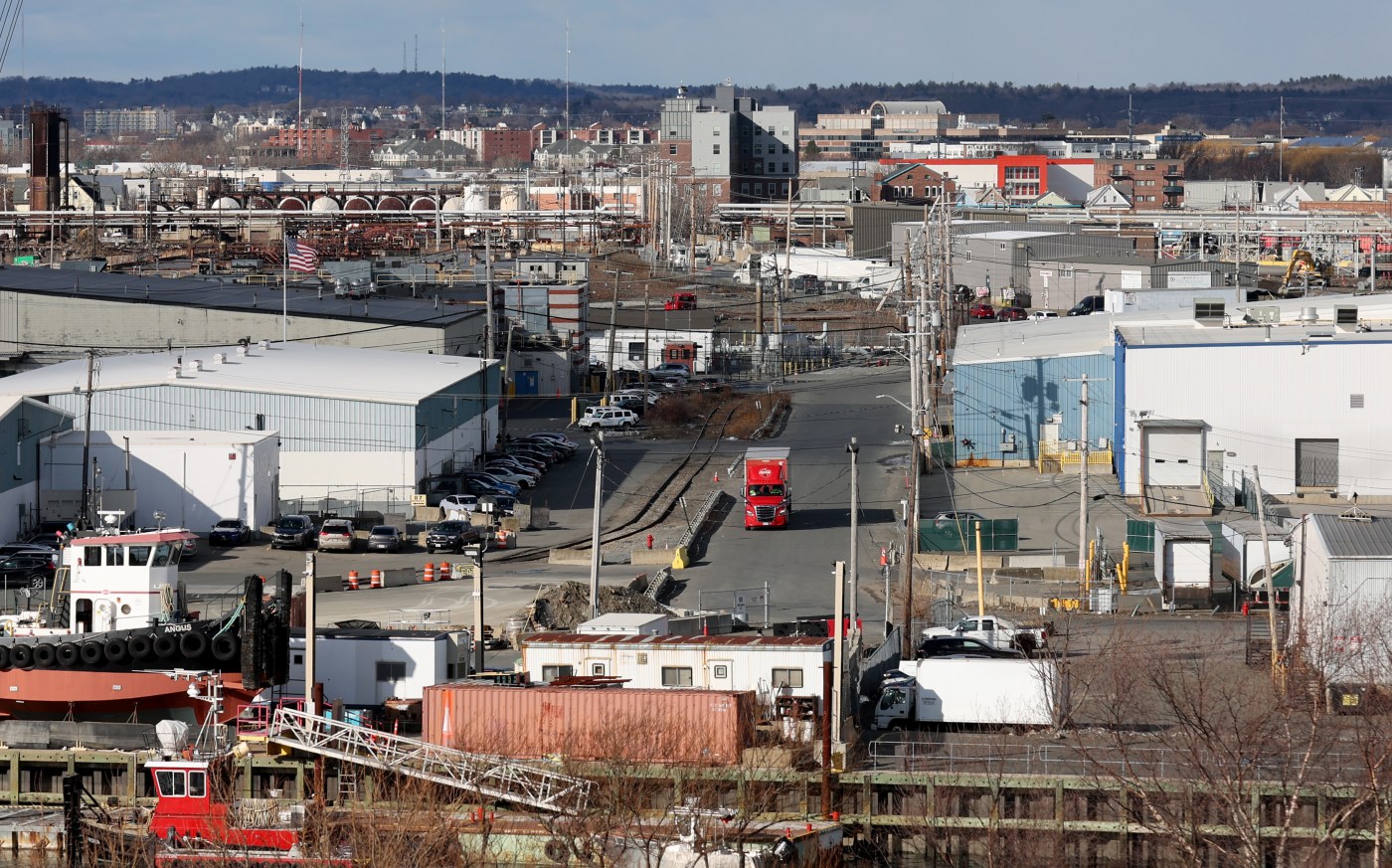
Curtatone: Misinformation imperils Everett battery project
If you’ve recently read coverage of the proposed Everett battery storage facility, you’d think Everett was preparing to build another gas plant in the middle of a city.
That portrayal is misleading, fear-driven, and out of step with the facts — and it’s part of a broader campaign aimed at derailing the climate transition in our state.
Let’s be clear: the Massachusetts Fiscal Alliance, which authored a Boston Herald op-ed in January, is not an unbiased voice on energy policy. Supported by national anti-clean energy groups like Americans for Prosperity, their goal isn’t safety. It’s sabotage. They’re running a coordinated effort to block clean energy progress — whether it’s solar, wind, transmission, innovation or storage — by stoking fear and misinformation.
Meanwhile, 100-degree summer days are coming, and people will want air conditioning. Battery storage projects like this are what will keep the lights on, and the cooling.
Massachusetts residents are facing real problems: rising energy costs, outdated infrastructure, and the lingering health and economic harms of fossil fuel pollution. This winter alone, ratepayers saw sharp spikes in utility bills — largely driven by our continued dependence on fossil fuels, especially natural gas and a volatile market. High bills that will hurt our economy and working families.
The Everett battery storage project is part of the solution. It’s a critical infrastructure investment that will allow us to capture renewable energy when it’s available and deploy it when demand peaks — keeping the lights on and prices down.
This project is also a smart reuse of an industrial site long dominated by fossil fuel infrastructure. The Mystic Generating Station was one of the state’s largest polluters. Its closure creates an opportunity to power Massachusetts’ energy future with something better — safer, cleaner, and more affordable.
Battery storage doesn’t emit pollution, doesn’t increase traffic, and doesn’t generate noise. Unlike gas plants, it doesn’t need pipelines, doesn’t leak methane, and doesn’t add to the climate crisis. And yes —it’s safe.
The Everett facility will be built to the latest fire safety standards (NFPA 855), using advanced technologies and containerized battery units designed to isolate and contain incidents before they escalate. The site plan includes outdoor spacing between units, modern fire suppression protocols, and collaboration with emergency services — years before it ever goes online.
The op-ed suggests that lithium battery fires are an unmanageable risk. But that’s simply not true. Energy storage technology continues to evolve, and the safety record of newer utility-scale projects reflects that. Like any infrastructure — power lines, substations, even gas stations —battery storage facilities require thoughtful planning and oversight. Everett’s project has an abundance of both.
There’s also a practical reason for its location: proximity to the grid. Building energy storage close to where electricity is used — near homes, businesses, and transit — reduces costly transmission upgrades, speeds deployment, and delivers savings to ratepayers. The Everett site already has the infrastructure needed to connect to the grid, making it one of the most strategic and cost-effective places in the state for a project of this scale.
As Massachusetts moves toward its target of 5,000 MW of battery storage by 2030, projects like this will be essential. Without storage, we risk wasting the clean energy we generate — and falling back on fossil fuels when demand surges. That’s not a future we can afford.
So let’s be clear: the real threat isn’t the Everett battery project — it’s letting misinformation stall the climate transition. The Everett facility is a forward-looking investment in safety, affordability, and resilience. It will clean up a polluted site, support good local jobs, and help keep energy bills from skyrocketing in the years ahead.
We cannot let fear-mongering win out over facts. The people of Massachusetts deserve better — better information, better infrastructure, and a better, more affordable energy future.
Let’s build it.
Joe Curtatone is the president of the Alliance for Climate Transition


